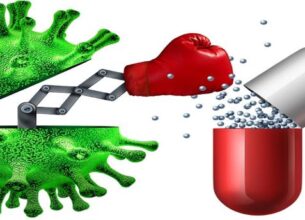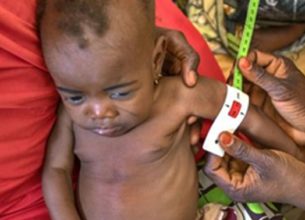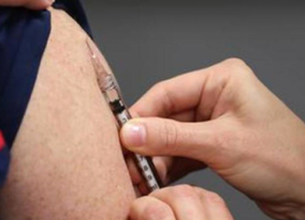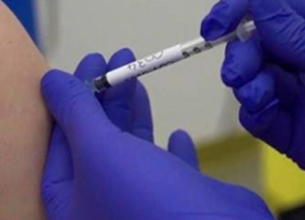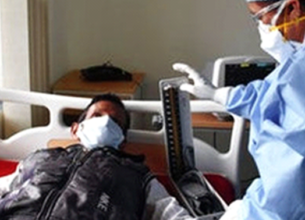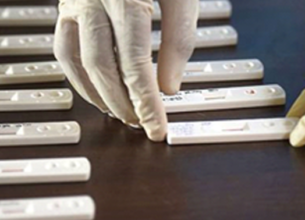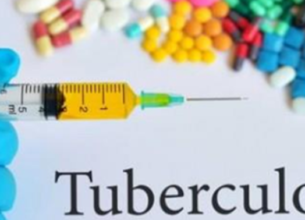WHO GUIDELINES ON SELF-CARE INTERVENTIONS FOR HEALTH
01, Jul 2019

Prelims level : Science & Technology- Medicine and Pharmaceutical
Mains level : Issues relating to development and management of Social Sector or Services relating to Health, Education, Human Resources.
Context:
- The World Health Organisation (WHO) has launched its first guidelines on self-care interventions for health.
More on News:
- The move came in response to the estimate that by 2035 the world will face a shortage of nearly 13 million healthcare workers.
- Currently at least 400 million people worldwide lack access to the most essential health services.
- The guidelines focus on sexual and reproductive health and rights.
- Some of the interventions include self-sampling for human papillomavirus (HPV) and sexually transmitted infections, self-injectable contraceptives, home-based ovulation predictor kits, human immunodeficiency virus (HIV) self-testing and self-management of medical abortion.
- These guidelines look at the scientific evidence for health benefits of certain interventions that can be done outside the conventional health care sector.
- However, they do not replace high-quality health services nor are they a shortcut to achieving universal health coverage.
What is Self-Care?
- Self-Care is the ability of individuals, families and communities to promote health, prevent disease, maintain health, and cope with illness and disability with or without the support of a health-care provider.
Significance of Self-Care Intervention:
- Self-care interventions represent a significant push towards new and greater self-efficacy, autonomy and engagement in health for self-carers and caregivers.
- Such interventions could expand access to health services, including for vulnerable populations.
- It gives individuals greater choice of interventions that meets their needs across their lifetime, they will also be able to access, control, and have affordable options to manage their health and well-being.
- WHO noted that self-care is also a means for people who are negatively affected by gender, political, cultural and power dynamics, including those who are forcibly displaced, to have access to sexual and reproductive health services, as many people are unable to make decisions around sexuality and reproduction.




